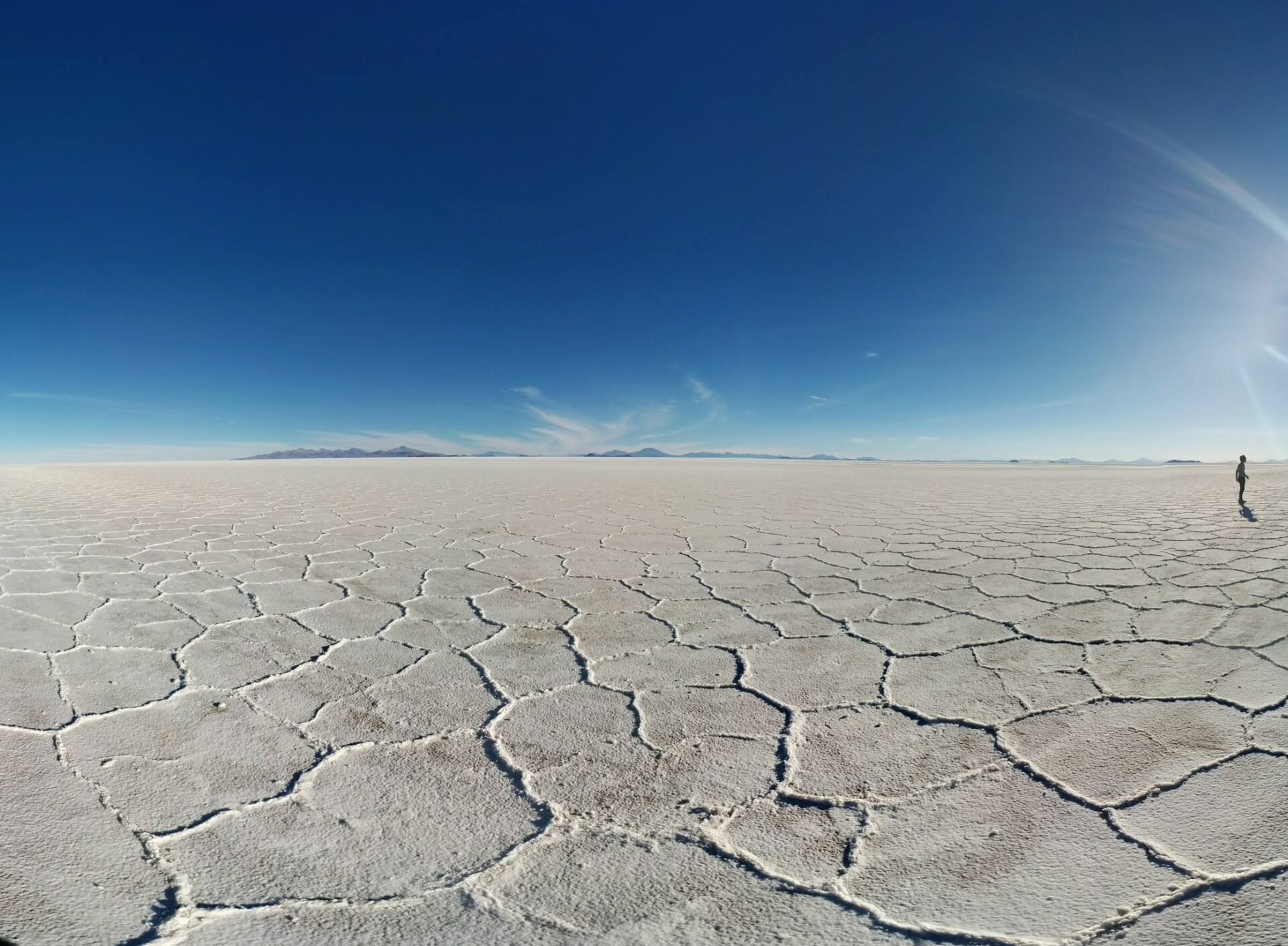What Is Psoriasis? (Symptoms, Signs and Treatments)
- skin-conditions
From dehydration and smoking to cold exposure and beyond, many habitual or environmental factors can cause skin to dry out. These circumstantial effects are typically simple to correct. If you’re dehydrated, drink more fluids. If you’re dry from indoor heating, sleep with a humidifier on. But what about when dry, scaly skin problems are more deeply rooted?
What is Psoriasis?
Psoriasis is a chronic skin condition that produces inflamed patches of dry, scaly skin. This common autoimmune disease affects more than 7.5 million (around 3%) Americans and is caused by the immune system’s rapid overproduction of skin cells, resulting in a build-up of white, scale-like patches of dry skin.
This condition most commonly develops in early adulthood but can begin at any age. Psoriasis affects all skin types and pigments and typically appears in flare-ups throughout an individual’s life.
Signs and Symptoms
While Psoriasis can develop all over the body, it can most commonly be found on the knees, elbows, trunk, scalp and face. Signs of the condition can appear in small or large patches, with flare-ups most commonly caused by infections, emotional stress, cuts/bruises and reactions to medications.
Common symptoms of Psoriasis can include the following:
- Itchy or inflamed skin
- Cracked or dry skin
- Scaly patches
- Cracked, crumbly or pitted nails
- Joint pain (as a result of psoriatic arthritis)
While similar in many regards, several key factors differentiate psoriasis from the skin disorder eczema.
- While psoriasis is an autoimmune disease, eczema results from genetic and environmental factors.
- While psoriasis commonly affects the elbows, trunk, scalp and face, eczema commonly affects the back of the knees and inside of the elbows.
- While psoriasis results in a mild itch, eczema’s itch is often severe.
Types and Treatments
Although the effects are similar, psoriasis can come in several types. Among the most common are plaque psoriasis, pustular psoriasis and guttate psoriasis.
Plaque psoriasis is the most common form of psoriasis and makes up for around 80% to 90% of cases, resulting in dry, itchy, raised patches on the skin.
Pustular psoriasis can be identified by small pustules (pus-containing blisters) found anywhere on the body but commonly on the soles, palms and other small areas.
Guttate psoriasis is most common in children and can include small red patches on the skin with flare-ups proceeded by a sore throat (strep induced).
Treatments for psoriasis vary based on severity and can include the following:
- Steroid creams
- Vitamin D3 or vitamin A ointments
- UV light therapy treatments
- Systemic treatments, including pills and biologic shots
Your board-certified dermatologist can help to determine your type of psoriasis and work with you to create a treatment plan that best fits your needs.
Healthy Skin Is Within Reach
As a Lowcountry leader in dermatological health, Charleston Dermatology is proud to support our neighbors and all patients across the Palmetto State. Contact us today to schedule an appointment with one of our board-certified dermatologists and begin your journey toward skin health success.
